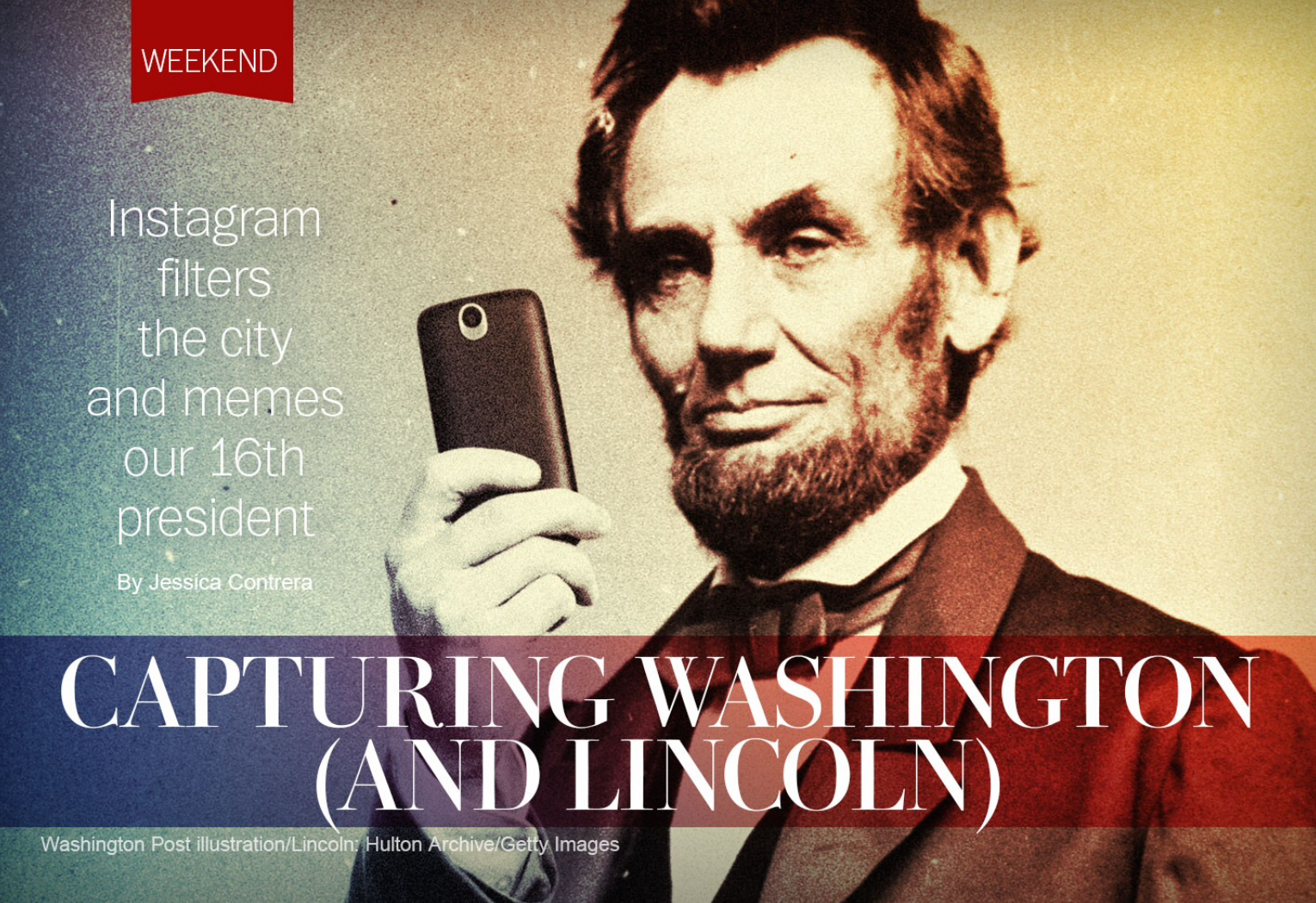On Oct. 17, 2014, I received my membership card to the Society of Professional Journalists, which had been on my “maybe join” list for years. What flipped me forward: The organization’s Code of Ethics, which official revision released September 6. I had observed, but not participated in, the process to produce the new guidelines, which, while overreaching, are worthwhile.
However, while the changes contributed to my decision to join SPJ—being a journalist who blogs rather than a blogger—my ethical priorities differ somewhat from the new Code. My book Responsible Reporting: Field Guide for Bloggers, Journalists, and Other Online News Gatherers is all about ethics and how the Internet changes them. The tome makes trust, rather than truth, the news gatherer’s top ethical tenet.









